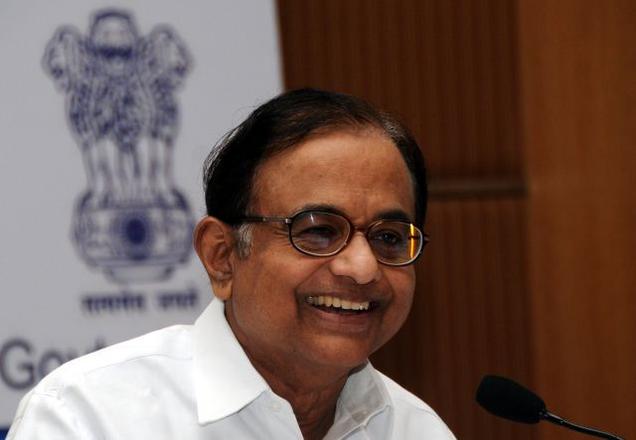Can Chidambaram ring in new regime as EGoM meets today?
The Empowered Group of Ministers (EGoM) on spectrum, which has witnessed the resignation of two Union Ministers as chairmen without taking any decisions, is readying to meet on Thursday.
Home Minister P. Chidambaram has been placed at the helm of decision-making after the EGoM’s first chairman, Pranab Mukherjee, quit after being nominated as a presidential candidate, followed by Agriculture Minister Sharad Pawar, who cited attempts to link him to Swan Telecom — a 2G scam beneficiary.
The government’s choice of Mr. Chidambaram is a bold one given the Opposition’s attempts to target him for his role as Finance Minister during 2006-08 when the 2G scam unfolded.
Further, the Telecom Regulatory Authority of India, whose recommendations are pivotal to the EGoM’s decision, has had a change in leadership. The views of its new chairman, Rahul Khullar, have been kept a secret. If these vary from the original recommendations, it will pose an additional challenge to an already difficult task. Industry sources say a TRAI vs. TRAI situation is possible.
The complexity of the task at hand, the political undercurrents and media spotlight further combine to place additional pressure on Mr. Chidambaram. The key decisions confronting the EGoM relate to fixing a reserve price for the upcoming 2G auctions in August and pricing spectrum for the existing players. The 20-year impact on revenue is estimated to be upwards of Rs. 3-lakh crore.
Mr. Chidambaram was Finance Minister in 2006-08, when at the behest of the then Telecom Minister, Dayanidhi Maran, spectrum pricing was dropped from the Terms of Reference of the then GoM. In fact, it never even met for over a year, while Mr. Maran forced — and the Prime Minister approved — the deletion of spectrum pricing, which eventually resulted in the grant of 14 licences to Maxis-Aircel in 2006 at 2001 rates. The matter is being probed by the CBI following a Supreme Court order. In a twist of fate, Mr. Chidambaram now heads an EGoM dealing with the same spectrum pricing issue that his Ministry failed to retain on the GoM’s agenda.
Additionally, as chairman of the EGoM, he will need to respond to the question whether spectrum pricing for the existing players should begin at 0, or 4.4 or 6.2 MHz. However, an appeal pending against him in the Supreme Court alleges that he “revised his position from giving away 4.4 MHz spectrum at 2001 prices, to giving away 6.2 MHz spectrum at 2001 prices, thus forcing an additional loss on the exchequer.” It is this potential conflict of interest that the BJP’s Yashwant Sinha recently highlighted. Can the EGoM deal with complex and conflicting recommendations?












